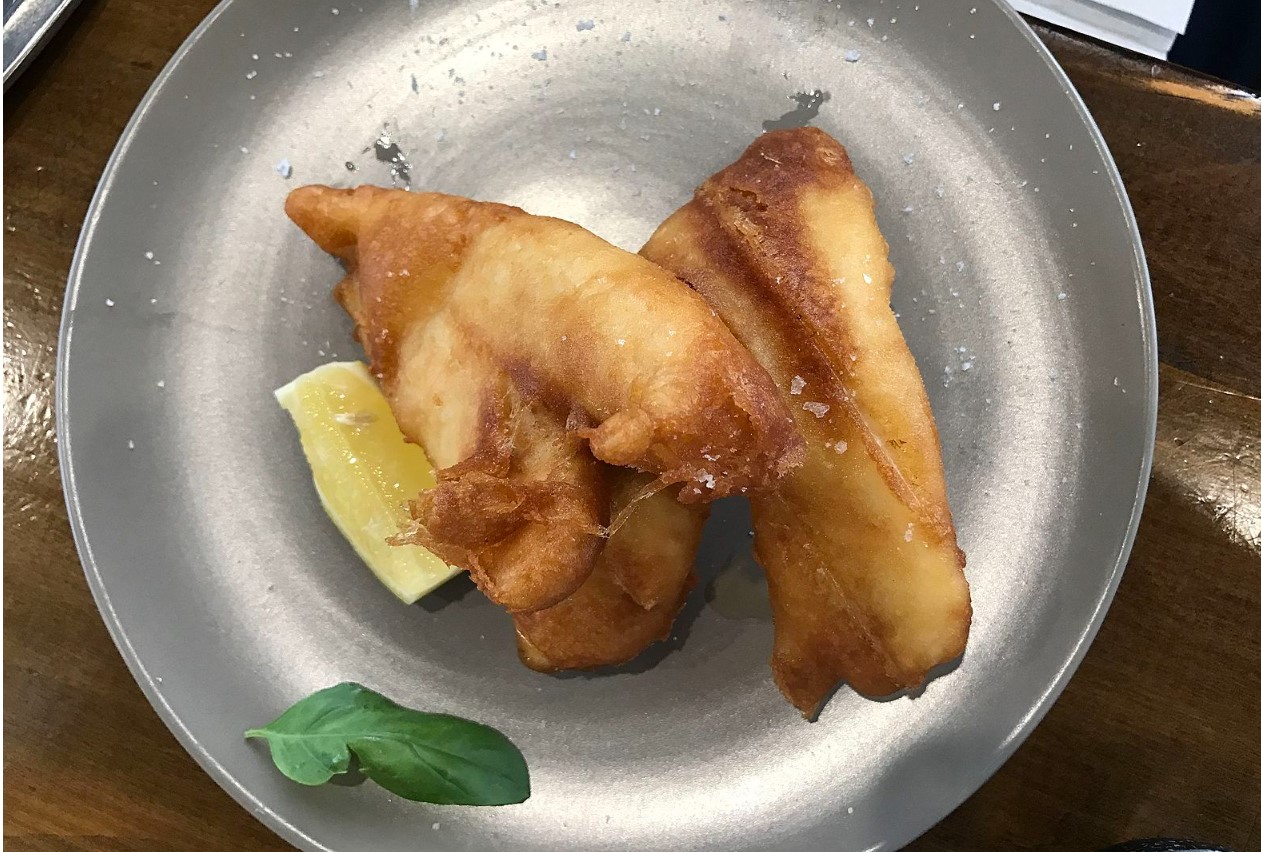Meat from at least four endangered shark species has been identified in 23 percent of 100 seafood shops across southern Australia.
Researchers from the University of Adelaide analyzed DNA samples from the meat served at 100 fish and chip shops scattered across the region and found that 23 percent of the samples contained shark meat filets (often referred to as flake) from shark species listed as threatened by The International Union for Conservation of Nature Red List of Threatened Species.
The word flake is used in Australia as a term for shark fillets because of their white color, mild flavor, and soft texture. However, according to the Australian Fish Names Standard, only two types of shark – the gummy shark (Mustelus antarcticus) and the New Zealand rig (Mustelus lenticulatus), and New Zealand rig – should be sold under the term.
Two of the nine identified shark species found being served as fish and chips include the shortfin mako shark (Isurus oxyrinchus) and the smooth hammerhead shark (Sphyrna zygaena), according to the study, which will be published in the June 2023 issue of the Science Direct journal, Food Control.

“We know that seafood fraud is omnipresent and at a large issue,” Ashleigh Sharrad, the study’s lead author and a research assistant in the School of Biological Sciences at the University of Adelaide, told Live Science in an email, “but I was always wondering what shark[s] are we actually eating?”
“Only 27 percent of all samples were identified as gummy shark, a species that has a sustainable population, and is one of only two species that is recommended to be labeled as flake in Australia, Sharrad told Sky News.
Researchers also discovered that of the samples, “only one in ten retailers could correctly identify the type of fish being sold, while 20 percent of the filets were mislabeled and the remainder had ambiguous labeling,” according to the statement.
Professor Bronwyn Gillanders, from the University of Adelaide, said: “Food fraud in the seafood industry is a growing concern, and mislabelling may occur. It can have potential implications on human health, the economy, and species conservation.”














